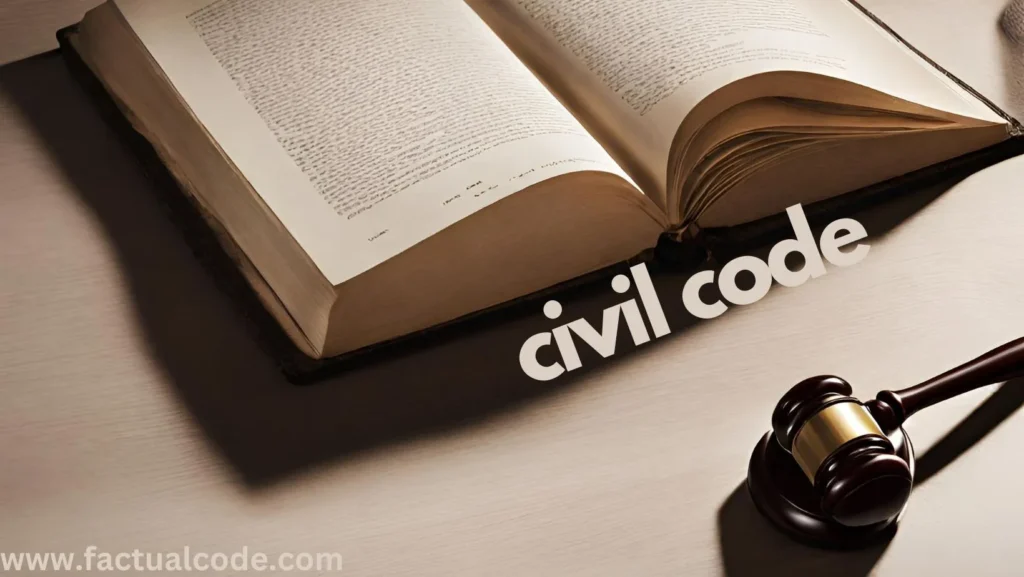🛠️ Expert Tip: Interim orders and commissions play a crucial role in ensuring justice during ongoing proceedings. For an in-depth understanding of these procedural tools, refer to our extensive guide on How to Read CPC (Code of Civil Procedure, 1908).
Interim orders constitute a pivotal mechanism within the Indian judicial system, facilitating the administration of justice by preserving the status quo, preventing irreparable harm, and ensuring equitable relief during the pendency of legal proceedings. Codified primarily under the Civil Procedure Code (CPC), 1908, these orders function as instrumental safeguards against procedural unfairness and potential abuse of legal rights.
Definition and Purpose
Interim orders are judicial directives of a provisional nature, issued to maintain equilibrium between litigating parties while a case remains sub judice. These orders are rooted in principles of equity, justice, and necessity, preventing actions that may undermine the efficacy of final adjudication.
Types of Interim Orders
1. Temporary Injunctions (Order XXXIX, Rules 1-5)
A temporary injunction is a preventive relief aimed at restraining a party from engaging in actions that may prejudice the subject matter of the dispute. Courts evaluate three primary considerations:
Prima Facie Case: Whether the applicant has demonstrated a likelihood of success on legal merits.
Irreparable Injury: Whether the applicant would suffer harm that monetary compensation cannot rectify.
Balance of Convenience: Whether granting the injunction imposes a lesser hardship compared to its refusal.
2. Appointment of Receiver (Order XL, Rules 1-5)
A receiver is appointed to assume custodianship over disputed property to prevent waste, damage, or unlawful alienation, particularly in cases involving complex property rights or mismanagement concerns.
3. Interim Attachment (Order XXXVIII, Rules 5-13)
To prevent the dissipation of assets, courts may order interim attachment when there is a demonstrable risk that a defendant is attempting to frustrate a potential decree by transferring or concealing property.
4. Interim Sale (Order XXXIX, Rule 6)
Where the subject matter involves perishable goods or assets susceptible to depreciation, courts may order their immediate sale to preserve their economic value.
5. Interim Custody of Minors (Section 12, Guardians and Wards Act, 1890)
In custody disputes, courts may issue interim custody orders prioritizing the minor’s welfare, pending final resolution of guardianship claims.
Procedural Framework for Granting Interim Relief
Filing of Application: The applicant must substantiate their request with a detailed affidavit outlining material facts and legal grounds.
Notice to Opposing Party: Generally mandated, except in urgent cases where an ex parte order is justified.
Judicial Scrutiny: Courts examine evidentiary materials, legal principles, and precedents before determining relief.
Issuance of Order: The court grants or denies relief, often imposing conditions to mitigate undue hardship to the opposing party.
Modification, Discharge, and Appellate Review
Interim orders are not immutable and may be modified or vacated if circumstances change, or if they were procured through misrepresentation. Orders may be challenged through appellate mechanisms under Section 104 read with Order XLIII of the CPC.
Conclusion
Interim orders serve as indispensable tools in civil litigation, fostering judicial efficiency while mitigating procedural injustices. Their prudent application necessitates a thorough comprehension of substantive legal principles, procedural mandates, and judicial interpretations to uphold the integrity of the adjudicatory process.

